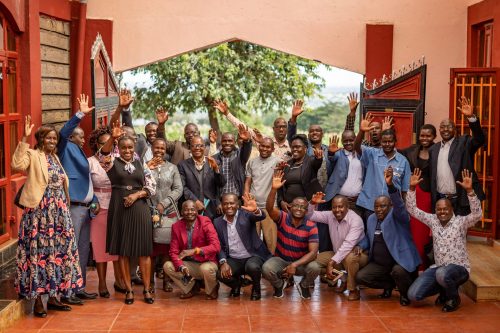
If you have gone on a walk with one of our Maasai naturalists, you’ll know that they are intimately in tune with the natural world. Wild fruits and honey are not the only delicacies they know of, biomedicine found in the forests and shrubbery of the Mara has been an integral component of Maasai survival. Deep reverence and respect for the earth have been instilled in Maasai culture for generations, which is why we have seen such a strong interest in the Mara Conservation Education Program (MCEP) here in Maasailand.
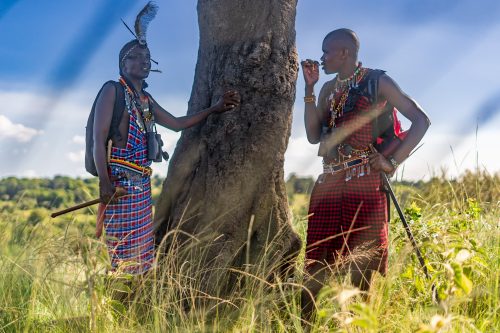
Throughout their history, the Maasai have been nomadic; their foraging practices would previously have little to no impact on the land as they moved on to new areas before it had a chance to affect their surroundings. However, their new stationary lifestyle means they are no longer able to move on to ‘greener pastures'. The MCEP is a project underwritten by the Angama Foundation to get communities involved in environmental and natural resource management at a grassroots level. And what better place to start than at the very beginning: by focusing on teaching children the importance of the land, they can make a meaningful difference.
The Maasai Mara National Reserve, and in our case more specifically, the Mara Triangle, provides important economic and environmental benefits to its surrounding communities. In some cases though, the state of the neighbouring areas can have a negative impact on the Reserve. For example, deforestation impacts the quality and quantity of water flow into the river systems and wetlands. By involving children in planting trees that encourage biodiversity while teaching them the wide-scale benefits of a prosperous ecosystem in the classroom, the hope is they will take these lessons home and share them with their communities.
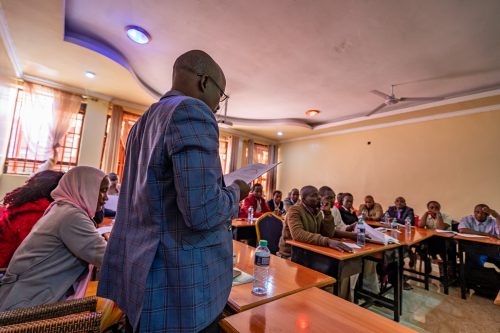
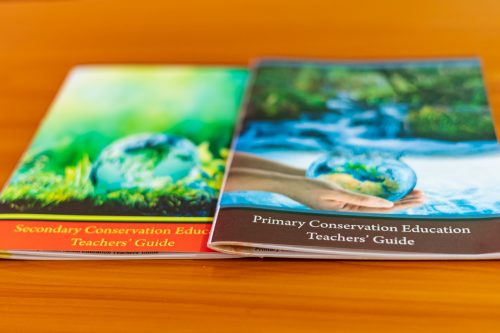
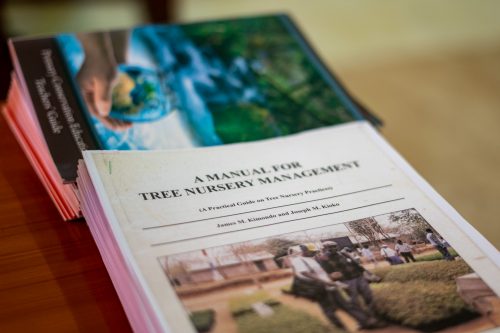
Of course, none of this would be possible without the teachers sharing this knowledge and spearheading the practical components. My colleague, Andrew Andrawes, recently attended a teacher’s workshop on how to implement the curriculum, ‘It has been an honour to witness and be able to help tell the story of a programme that I can only describe as the very essence of conservation', said Andrew.
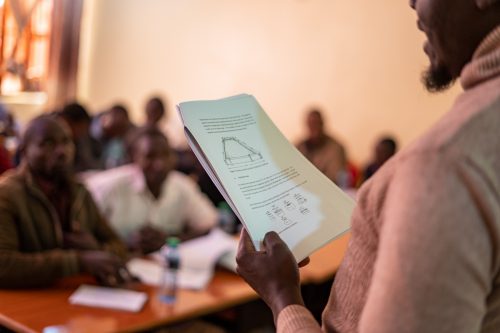
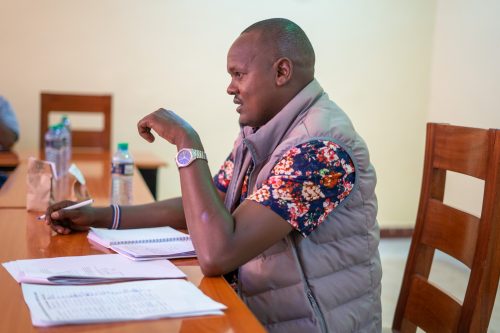
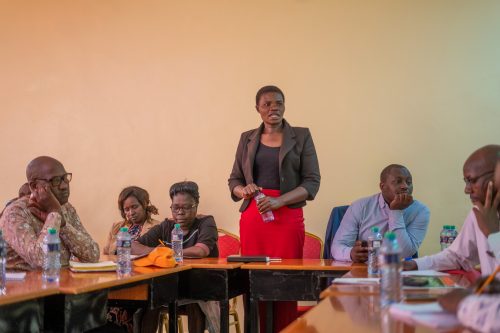
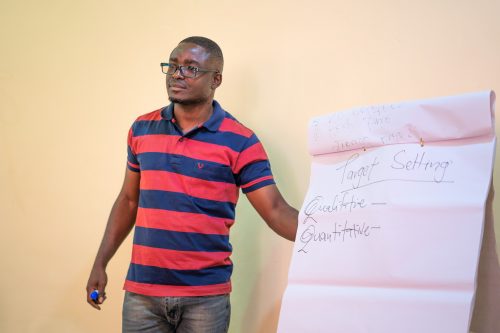
The two-day workshop was attended by the heads of 13 different schools situated along the Oloololo escarpment neighbouring Angama Mara. On the agenda was the establishment of achievable and agreed-upon goals the first of which was every teacher committing to rolling out the full curriculum at their respective schools. Next, in keeping with a Kenyan government edict of maintaining over 10% tree cover, they would create a haven for trees in a two- to three-year period. The final goal was to have a yield of at least 60% from the seeds provided to the schools.
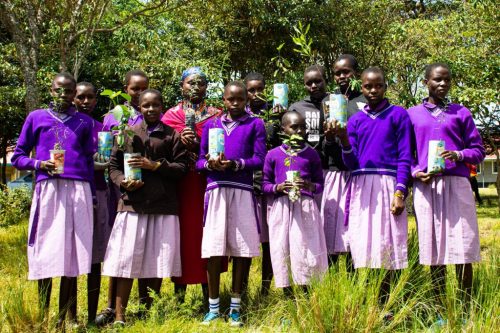
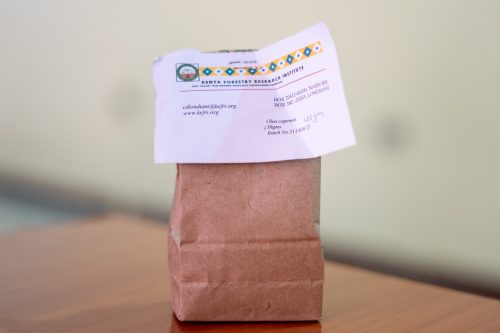
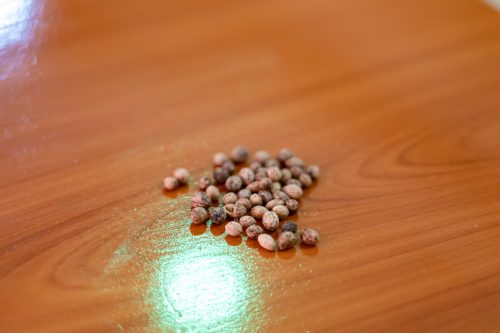
A specialist from the Kenyan Forestry Research Institute visited the planned reforestation sites to assess the land. Their verdict was that the best tree to plant would be the indigenous Olea africana — a species in the olive family — which will attract birdlife as well as other species to the area. A rejuvenated environment full of vegetation supports wildlife and improves the quality of life for humans; trees are the key to many of the natural cycles that sustain us in every ecosystem. As the children see the benefit of the reforested environment, the hope is they will be inspired to plant trees in their own communities.
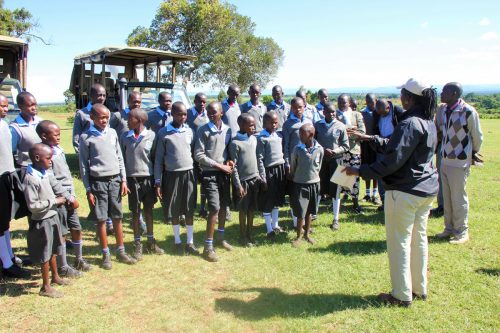
In the workshop, they also spoke about more access for children of the neighbouring areas of the Mara to go on game drives. This is an integral part of inspiration and motivation for the children, reconnecting them to the Maasai Mara and the importance of wildlife conservation. The Angama Foundation and MCEP may have found their next initiative.
Filed under: Inside Angama
Subscribe for Weekly Stories
Comments (2):
27 July 2022
I couldn't be more proud to see this program come to light! Way to go Angama Foundation. This must have been a ton of work and I hope it will continue to flourish!

Weddings in the Mara